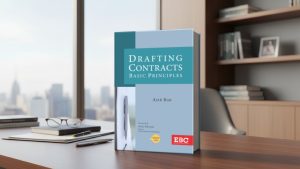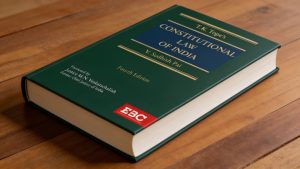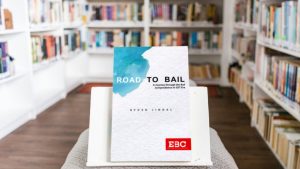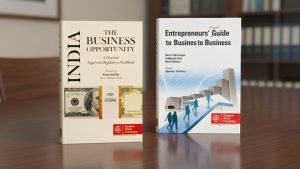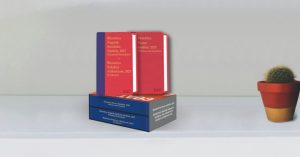
Understanding copyright doesn’t have to be complicated. Whether you’re a student, creator, or just curious, this guide breaks down all the important aspects of copyright law in clear and simple language.
What Is Copyright?
To begin with, copyright is a legal right that protects original works of authorship. This includes things like:
- Books
- Articles
- Music
- Films
- Artwork
- Photographs
- Software
- Websites
- Online content (like blogs and videos)
In short, if you create something original and fix it in a tangible form (like writing it down or recording it), copyright automatically protects it.
What Does Copyright Protect?
Now, it’s important to understand what copyright covers and what it doesn’t.
✅ Copyright does protect:
- The expression of an idea (like the way a story is written, a song is composed, or an artwork is created)
- Original and creative content
- Both published and unpublished works
❌ Copyright does not protect:
- Ideas, facts, or discoveries
- Procedures, methods, or systems
- Titles, names, slogans, or short phrases
- Works not fixed in a tangible form (for example, an improvised speech not written or recorded)
So, for example, if you come up with a great idea for a book, that idea alone isn’t protected, but once you write it, the written version is.
How Does Copyright Work?
Now that you know what it protects, let’s look at how it works.
1. Automatic Protection
First of all, copyright is automatic. As soon as you create an original work and fix it in a tangible form, it’s protected. You don’t have to register it to get basic rights.
2. Registration (Optional but Useful)
However, registering your copyright with the relevant authority (like the Copyright Office in India or the U.S. Copyright Office) gives you:
- Public proof of ownership
- The ability to enforce your rights in court
- Easier access to statutory damages and legal remedies
What Rights Does Copyright Give You?
Copyright gives the creator (or owner) a bundle of exclusive rights. These include the right to:
- Reproduce the work
- Distribute copies
- Perform or display the work publicly
- Make adaptations or derivative works (like turning a novel into a movie)
- License or sell these rights to others
How Long Does Copyright Last?
The duration of copyright depends on the type of work and jurisdiction, but here’s the general rule:
- For individual creators: It usually lasts for the lifetime of the author plus 60 years (in India) or 70 years (in many other countries) after their death.
- For corporate or anonymous works: It typically lasts 60 years from the date of publication in India.
After that, the work enters the public domain, meaning anyone can use it freely.
What Is Copyright Infringement?
Simply put, copyright infringement happens when someone uses a copyrighted work without permission for example, by:
- Copying or distributing content without credit or a license.
- Uploading someone’s song or video as your own.
- Using copyrighted images in a product or publication without rights.
Infringement can lead to legal action, fines, and content takedowns.
What About Copyright in the Digital World?
With the rise of the internet, copyright has become more important and more complex.
Platforms like YouTube, Instagram, and blogs deal with copyright every day. If you post content using music, images, or video clips you don’t own or have rights to, it may be taken down, demonetized, or flagged for infringement.
Many creators use Creative Commons licenses, which let others use their work under certain conditions. This helps promote sharing ,but with respect for the original creator.
Copyright vs. Trademark vs. Patent
To avoid confusion, let’s briefly clarify how copyright differs from other forms of intellectual property:
| Aspect | Copyright | Trademark | Patent |
|---|---|---|---|
| Protects | Creative works | Brand names, logos, slogans | Inventions, processes |
| Duration | Life of author + 60/70 years | Renewable every 10 years | 20 years (generally) |
| Registration | Optional | Recommended | Mandatory for protection |
Key Takeaways
- Copyright protects original, creative works fixed in a tangible form
- It gives the creator exclusive rights to use and profit from their work
- Protection is automatic, but registration helps with enforcement
- Infringement can have serious legal consequences
- There are fair use exceptions, but they are limited
- Copyright is different from trademark and patent
Explore more about Intellectual Property Rights and related areas through the resources below:
Supreme Court on Intellectual Property
by Surendra Malik and Sudeep Malik
Intellectual Property Law and Practice
by Elizabeth Verkey











